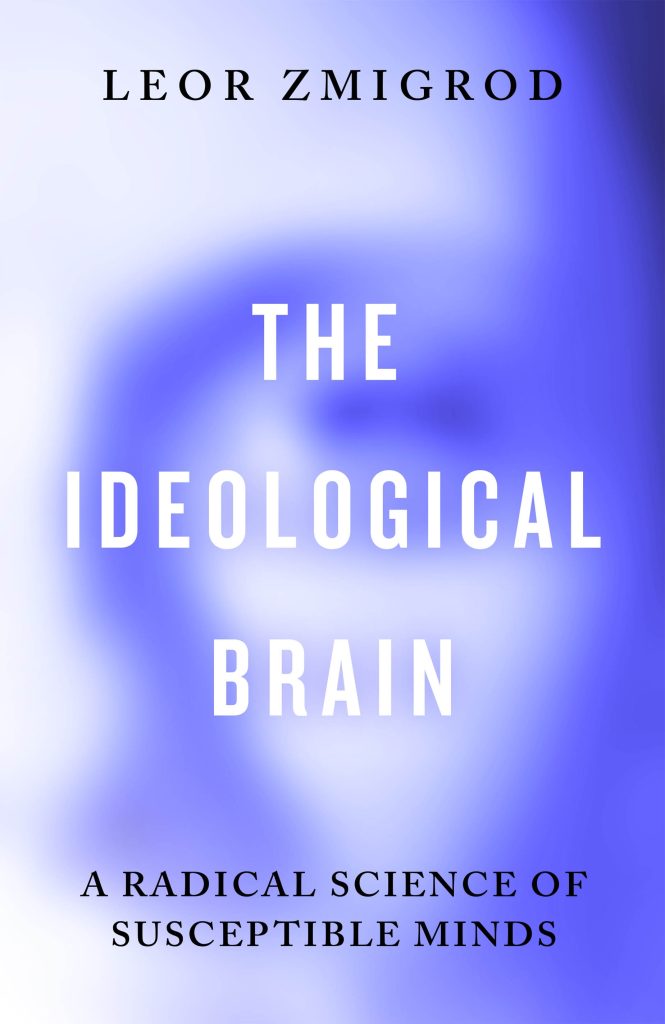A pioneer in the new field of ‘political neuroscience’, Leor Zmigrod reveals how radical ideologies shape our brains – and how we can break free from dogmatic thinking.
Why do some people become radicalised? Who is most susceptible to ideological thinking? Can we unchain our minds from toxic dogmas?
A prize-winning researcher at the University of Cambridge, Leor Zmigrod is sought out by policymakers across the globe for groundbreaking research into the power of political ideologies to transform both our minds and bodies, acting upon the very neural architecture of our brains to constrain our freedom.
Whether our ideologies are far-right, far-left, nationalist, religious, or even progressive, they simplify our understanding and give us organising frameworks through which to act and interact with others. But ideologies come at a cost: demanding conformity and suppressing individuality through rigid rules, repetitive rituals, and intolerance. Once ideologies grip our minds, they fundamentally transform us, making us less sensitive and adaptable.
In our polarised world, fostering a better-informed, more resilient and freer society has never been more important. It’s time to reject black-and-white thinking and irrational rules, embrace ambiguity and reassess your convictions – and what they are doing to your brain. This live, In Conversation event will show you how.
Tickets to this event are at a £15 discount for members of How To +, and members can also watch the livestream for free.
Praise for Leor Zmigrod’s The Ideological Brain:
‘Filled with insightful findings, this book shows that ideological extremism and polarisation are not just problems to fret about but puzzles that can be studied and understood’ – Steven Pinker
‘This remarkable book tells us something fascinating and heartening about the neuroscience of our inflexibilities and our dogmatisms. Lucid and eloquent, The Ideological Brain couldn’t be more timely’ – Adam Phillips








